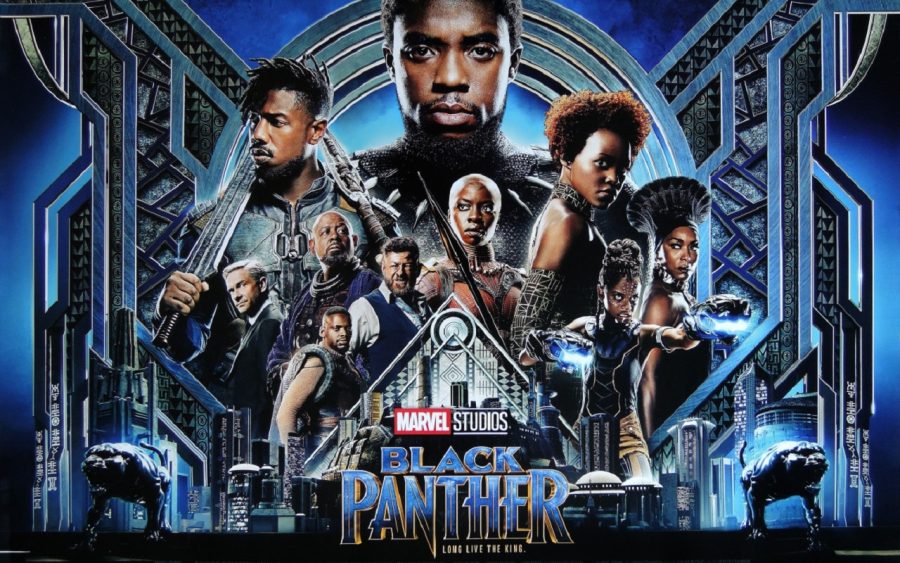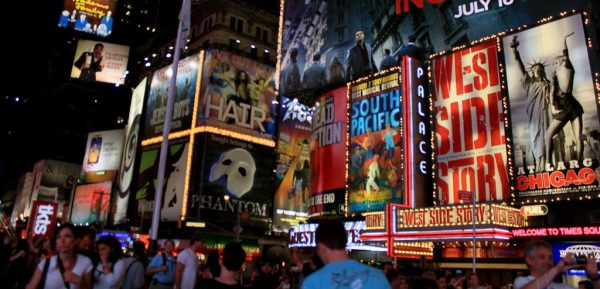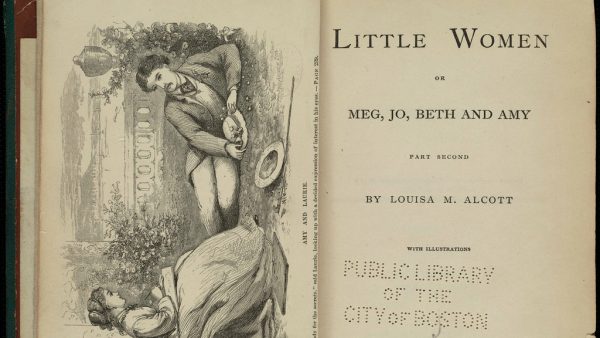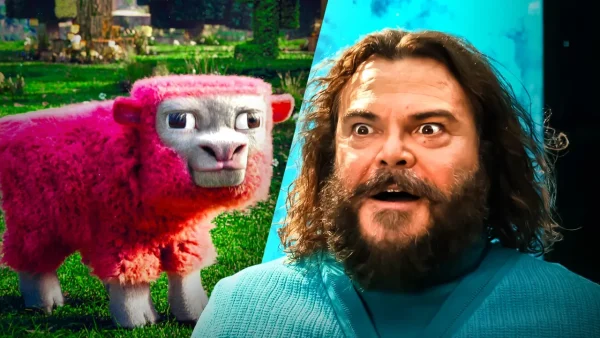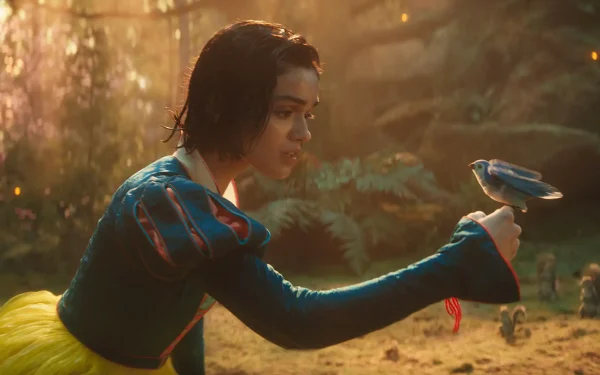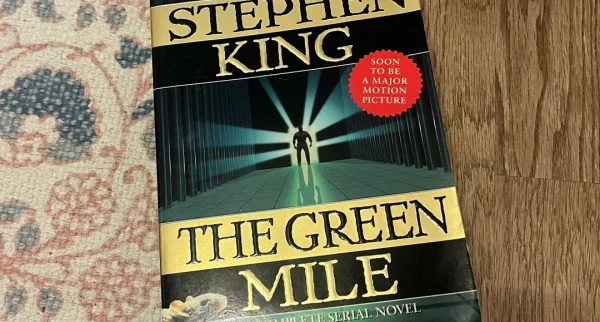Black Panther is much more than just a superhero movie
The superhero movie that embraces social commentary has become an international sensation.
Everyone, it seems, turns out to see Marvel Studios movies. They provide two hours for people to ignore the problems of the world with their favorite comic book characters, in a cinema landscape exploding with action and sci-fi gadgets.
That’s why Black Panther utterly surprised us. After seeing a screening together, we had a discussion and compared notes.
Perhaps the reason this film has become a cultural phenomenon is that, beyond beautiful, smooth action sequences, it also offers social commentary mixed with humor, a refreshing wave of feminism, and a message of unity.
It has certainly connected on multiple levels with the movie-going public. It has moved into 10th place on the list of highest-grossing films ever, with more than $1.3 billion in receipts. This week, it is expected to move past Titanic and into third place among the biggest moneymakers in domestic (North American) history.
The movie, with an African-American cast, has shattered perceptions about “what will play” in theaters, particularly in overseas markets.
“Myths of what plays overseas or what doesn’t, or what type of person someone wants to see in a lead role … that’s all noise until somebody comes and disproves it,” Kevin Feige, president of Marvel Studios, told The Atlantic.
Black Panther also connects immediately to what is happening in America and the world. A problem that the United States has pondered for decades is the idea of isolationism, something that the film’s fictional African country of Wakanda has believed in to keep itself prosperous.
The problem with isolation, however, is that it raises a question that parallels America’s flirtations with the policy: Is it fair for Wakanda to stay quite literally invisible from the rest of the world, while the countries around it and across the globe suffer?
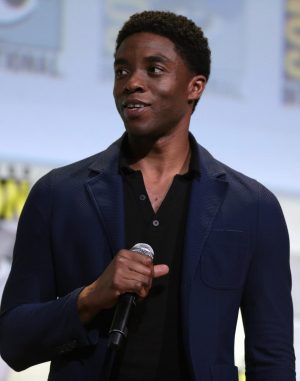
Chadwick Boseman has rocketed to stardom as the title character.
The movie tackles this concept and connects it to problems that the United States and other countries are currently dealing with, especially immigration and programs for refugees.
Chadwick Boseman, or King T’Challa, gives an empowering speech at the end of the movie that reminds us that we are all humans who should be helping each other in the one world we share.
The movie also addresses and acknowledges slavery and the institutional racism not only in America but in other colonizing nations (such as the United Kingdom) while also flipping the script of history.
In this movie, the “white man’s burden” is interpreted as Wakanda’s burden.
Wakanda has technological advances that are years ahead of anyone else on Earth due to a special metal, “vibranium.” This metal makes up most items in Wakanda, including Black Panther’s superhero suit.
Along with all the colonizer jokes at the expense of CIA agent Everett Ross (Martin Freeman), T’Challa’s army general Okoye (Danai Gurira) delivers a sarcastic line that we haven’t been able to get out of our heads:
“Guns — how primitive,” she says.
The main antagonist, Erik Killmonger (Michael B. Jordan), is vengeful because he believes that there is a lot more Wakanda could be doing for the rest of the world.
Killmonger plays an essential role, highlighting how countries that have it all, like Wakanda, should be doing more for those in need.
Killmonger’s last words to T’Challa are, “Bury me in the ocean with my ancestors who jumped from ships because they knew death was better than bondage.”
Black Panther sensitively touches on important matters that need to be discussed, such as slavery and its ripple effect through history.
On a related note, Shuri, T’Challa’s sister and resident genius, plays an essential part in highlighting some of the wrongs that have been brought against African countries.
When Ross is brought to Shuri with a gunshot wound, Shuri excitedly says, “Another white boy for us to fix.” She uses her skills to heal him and, when he sneaks up on her after waking up, Shuri admonishes, “Don’t scare me, colonizer.”
Little, yet vital cues such as this that touch upon social issues that people tend to push to the margins make this film different and speak to its success.
Black Panther offers so many themes, ideas, and commentary that parallel the issues we face now as individuals, in our respective countries, on a global scale.
The movie may have a typical superhero plot, but the messages are really what make this film one of Marvel’s best — and required viewing.

Amelia is a senior. She has a great interest in writing and is excited to be a journalist and co-editor for the The AMSA Voice. Amelia has attended AMSA...

Yahritzaliz is a senior. She usually spends her time at home reading books she buys or that are given to her. She also loves spending time with her volleyball...

